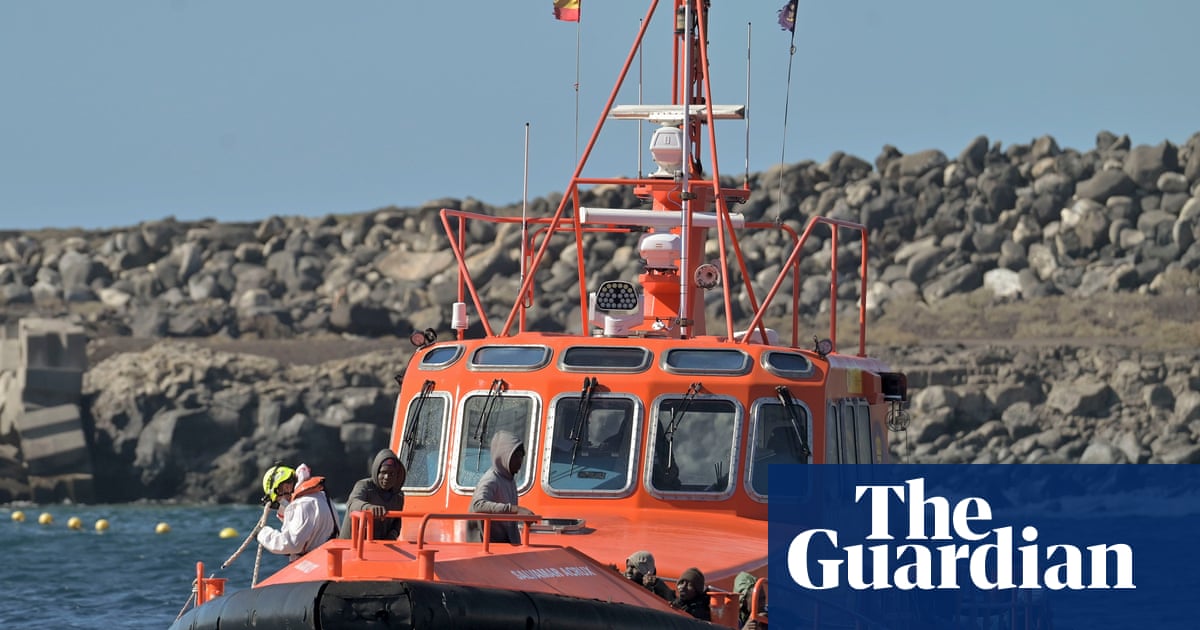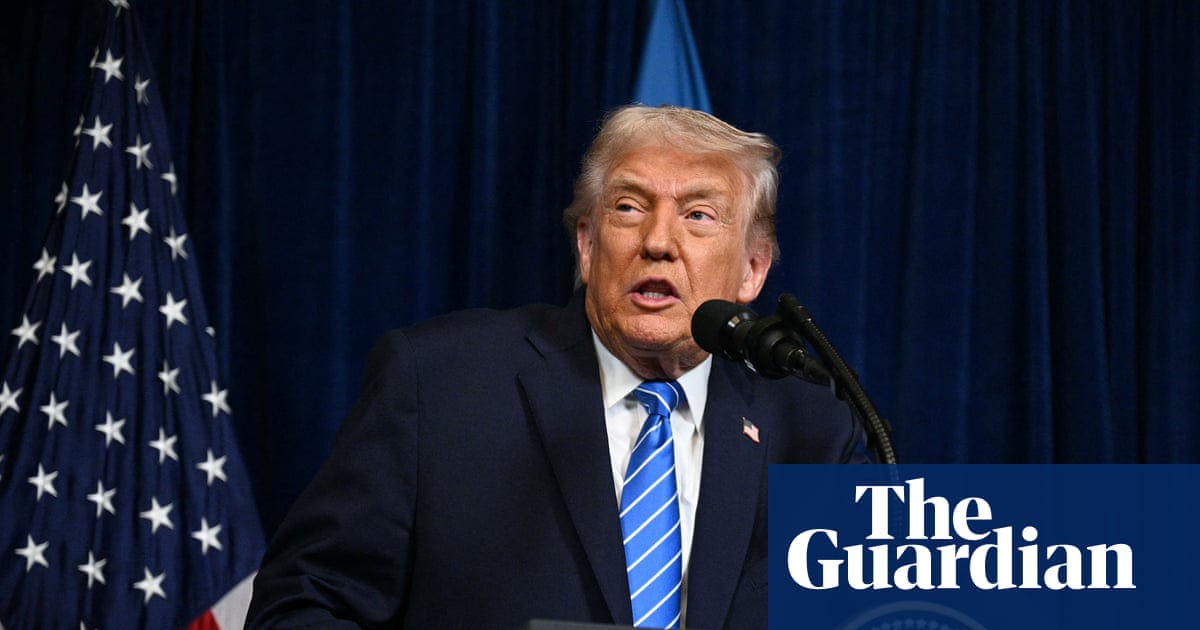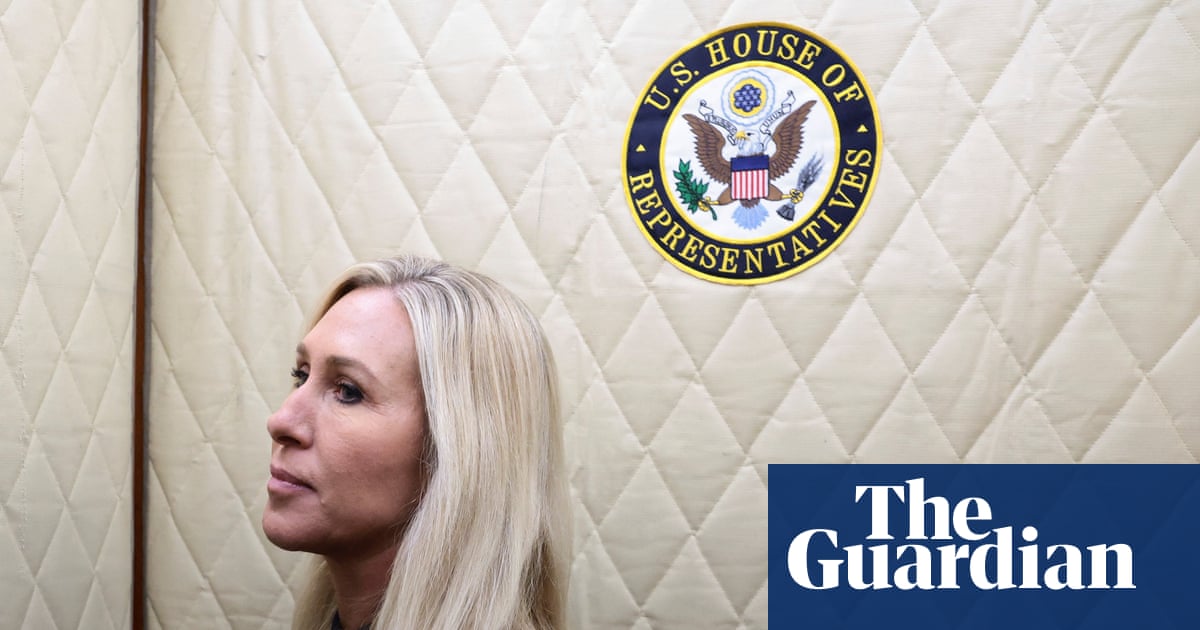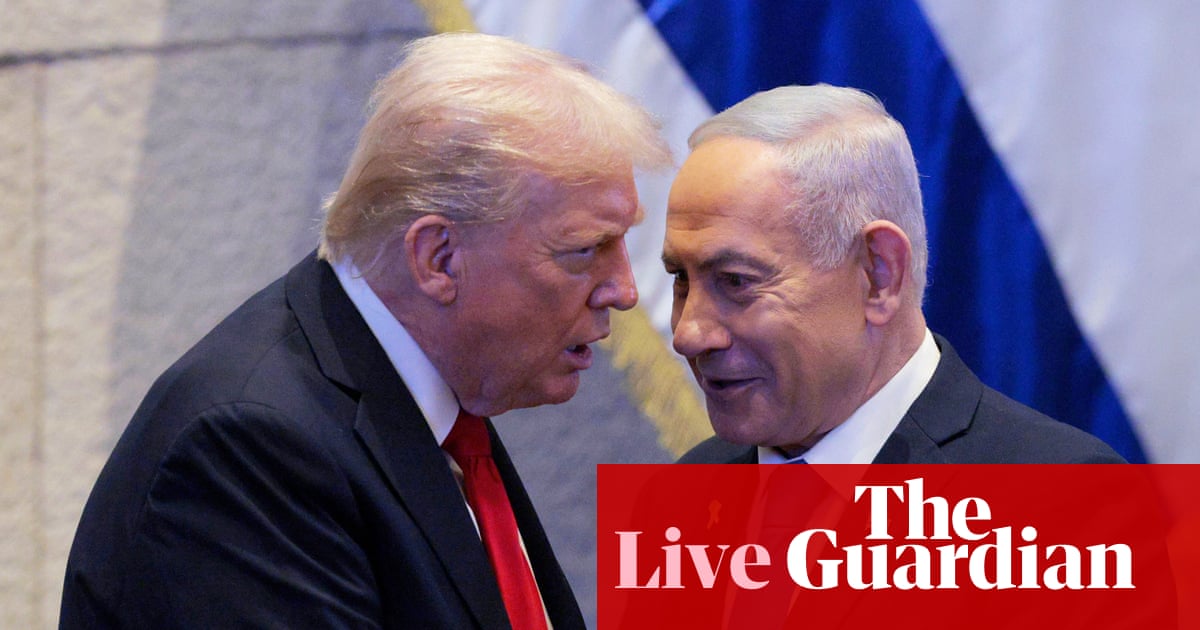Anthony Albanese’s strategy of pushing back against China in the Pacific has been dealt another blow, with a major defence treaty with Papua New Guinea delayed amid concerns about sovereignty.
A deal was expected with the former Australian colony this week but the prime minister is set to leave Port Moresby without signing the so-called Pukpuk mutual defence treaty with his counterpart, James Marape, on Wednesday.
Albanese downplayed the delay earlier this week, suggesting cabinet deliberations had been held up due to commemorations of PNG’s independence. Instead the two governments signed a joint communique and pledged to continue negotiations on the wider defence pact.
It is the second such delay in as many weeks for Albanese.
Sign up: AU Breaking News email
Before this month’s Pacific Islands Forum, Vanuatu’s government paused the signing of a joint agreement with Australia, saying more work was needed on the question of critical minerals funding from China.
The PNG deal is expected to lock the two countries into joint defence arrangements in the event of a military attack, and to allow citizens of both countries to serve in the defence forces of the other.
Joint training exercises, better technical interoperability and new cooperation on cybersecurity preparedness are all envisaged.
Albanese has pushed a deal for PNG to enter the NRL in 2028, part of the $600m agreement which has served as a major diplomatic sweetener. He stressed there was no delay to the team entering the competition.
Speaking at a press conference in Port Moresby, Albanese said the text of the defence agreement had been confirmed but both governments had more work to do.
“We will go through our respective cabinet processes and expect to finalise the signing of the treaty, the words of which have been agreed, in coming weeks,” he said.
“This is very positive, very positive. There is no downside in this whatsoever. This is all upside for Australia and upside for Papua New Guinea.”
Marape said PNG’s defence capability was not sufficient to defend the country and its people, making shared security settings with Australia necessary.
He stressed that the new treaty was PNG’s proposal, not Australia’s, and that it would not affect PNG’s sovereignty.
“A security treaty for Papua New Guinea would be the highest, in terms of secure relations we have given to any country,” he said.
after newsletter promotion
“The threats that face us are exposed to Australia. Threats that face Australia are exposed to Papua New Guinea.”
PNG’s foreign minister, Justin Tkatchenko, called the deal “a work in progress”, indicating it was yet to be signed off by cabinet. Ministers are due to meet again next week.
The Liberal senator Jane Hume called the delay “a real failure for the PM”.
“It’s really important that these deals are approached appropriately and with a guarantee that they will actually come through,” she told Sky.
The Nakamal agreement with Vanuatu had been expected to be signed earlier this month. That deal would see Australia spend up to $500m over a decade on climate change resilience, security services and the economy.
Labor believes both agreements can still be signed in coming months.
China has used infrastructure funding and loan agreements to build influence with Pacific Island countries, undercutting Australia’s ties with the region and testing the country’s diplomatic reach.

 3 months ago
51
3 months ago
51

















































